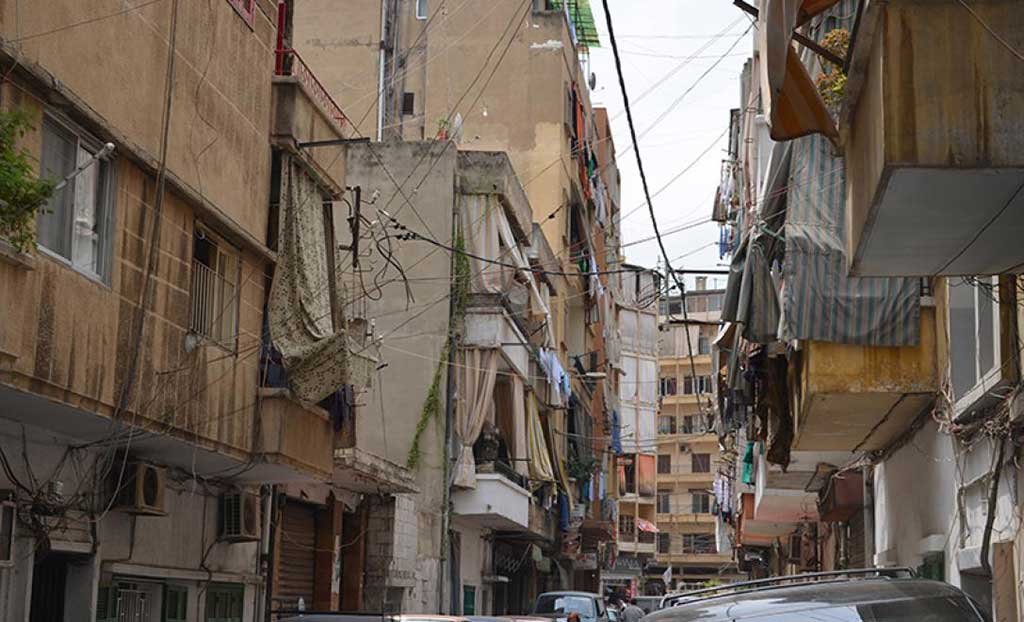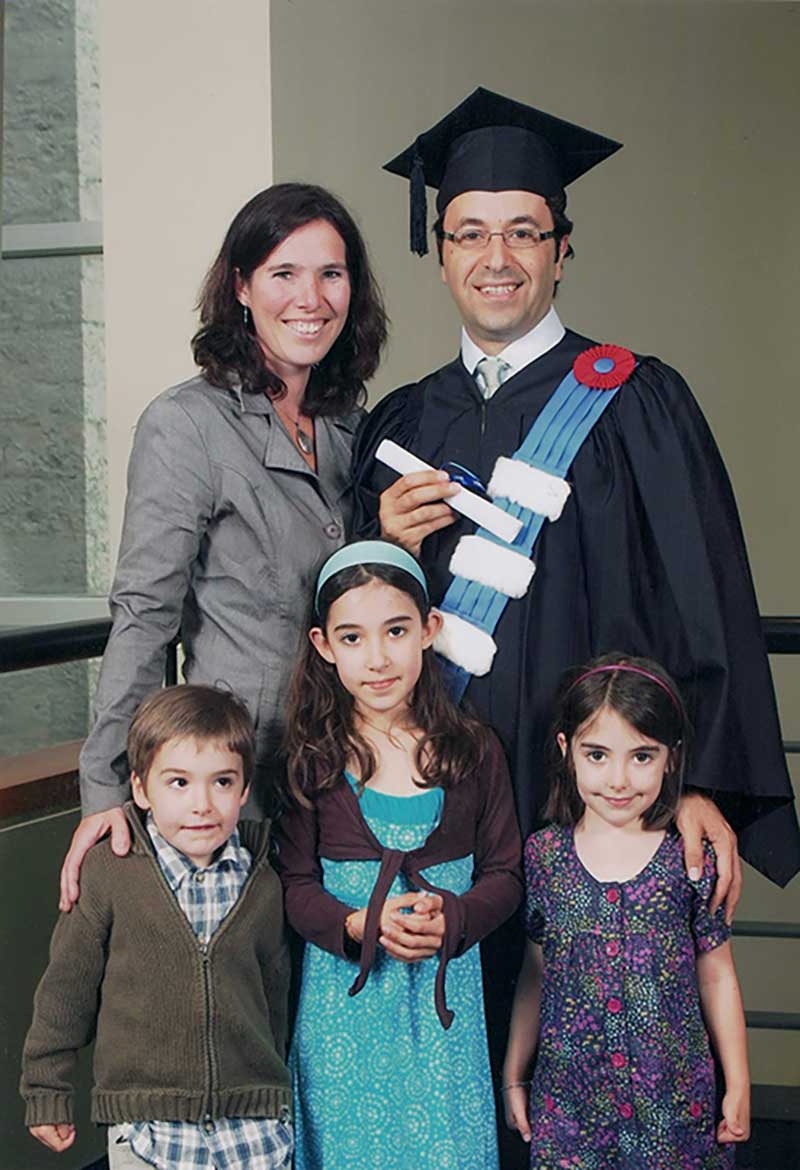Life in Canada
Time 2:37
Return to Refugee Experiences Gallery

Credit: Canadian Museum of Immigration at Pier 21 [DI2017.143.6]

Credit: Canadian Museum of Immigration at Pier 21 [DI2017.143.2]
Time 2:37
(This video is only available in French; the transcript has been translated from French.)
I have to say that what's important, what was interesting in that part of the war, is, uhm. Many things can be said about war, right, many horrible things. In my case, it's true, I saw all kinds of horrible things, but we also develop this aspect, this? we develop some kind of survival, a disposition to steer through all these dangers and? and survive, to establish survival strategies. That's what we develop during war time. And that's also what I developed in, I'd say, an interesting way, because I was able to steer through all kinds of problems that I faced over there. I was able to go from Beirut to the north, west and east with avoidance strategies, that? they? those were interesting. So I was able to do it.
When I got here, there is one thing I found very tough: those survival strategies, I didn't need them here, so it was hard for me to see how to use them. For, for example? just as an example: in order to go north from Beirut, we had to cross about ten checkpoints, by which I mean armed barricades. To cross, to go through each barricade, we needed to use a specific discourse. If they asked questions of course. In other words, survival strategies, or a plan B, were always there, you know? Sometimes it was, uhm, a pack of cigarettes for the soldier and then he would let me go through. Sometimes I would give an other kind of present and then he would let me pass. I didn't need that here. So, these strategies, those plan Bs, they were useless. All those things I had developed over the years, I didn't use them anymore here. So it? at first, it depressed me. I didn't understand why I no longer needed that and I was looking for answers, I had to create other kinds of strategies.
Oral History 16.03.20HEH with Habib El-Hage
Canadian Museum of Immigration at Pier 21
Return to Refugee Experiences Gallery

